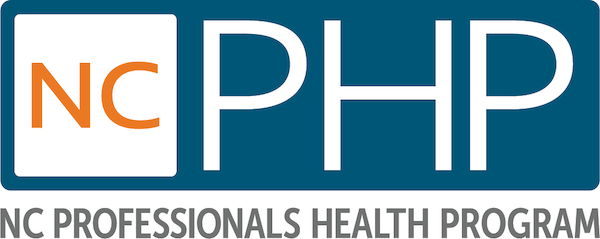Many people make assumptions about substance use disorders. The truth is that substance use disorders can vary in onset, duration, and resolution.
More serious forms of substance use disorders are known as addiction. Addiction 1) is a disease with characteristic signs and symptoms, 2) is similar to other chronic conditions; i.e., unlikely to be resolved following a single brief treatment episode without more enduring changes, and 3) follows a progressive course that, if left untreated, will only get worse. Addiction is not defined or diagnosed by the amount and frequency of substance use, but more about the thinking and behaviors exhibited.
Signs, symptoms, and warning signs of a substance use disorder
- Unexplained change in personality – irritable, anxious, frustrated
- Not remembering conversations or commitments
- Drop in performance at work, tardiness, frequent absences
- Lack of motivation and energy, apathetic, appears lethargic or “spaced out”
- Change in appearance — bloodshot eyes, disheveled
- Changes in appetite (weight loss/gain) and sleep patterns
- Unusual smells on breath, body, or clothing
- Tremors, slurred speech, or impaired coordination
- Engaging in secretive or suspicious behaviors; isolating.
It is well established that medical professionals have a high rate of substance use disorders. “Approximately 10% to 12% of physicians will develop a substance use disorder during their careers, a rate similar to or exceeding that of the general population. According to a study on physicians enrolled in physicians health programs, alcohol was the primary drug of abuse in 50.3%, opioids in 35.9%, stimulants in 7.9%, and other substances in 5.9%; 50% reported abuse of multiple substances, 13.9% a history of intravenous drug use, and 17% previous treatment for addiction.”1
There are many contributing factors to substance use disorders, including the often-unrelenting stress and emotional demands of the job plus ready access to pharmaceuticals. Unfortunately, the very qualities that can make us successful health care professionals can also drastically impede our ability to admit we have a substance use disorder. Additionally, individuals suffering from substance use disorders are also more likely to suffer from depression and anxiety and to commit suicide.
Substance use disorders are a disease
It is important to note that substance use disorders are not a matter of will power, moral character, or strength versus weakness. Substance use is a disease. (Read more on this topic from the U.S. Surgeon General). However, unlike other diseases, it creates a pattern of deception and denial that separates those affected with the disease from the people who can help and support them. This separation, along with the lack of support and accountability, creates an environment of isolation, which allows the disease to progress unimpeded. Despite the level of severity, highly effective treatment is available.
It may initially be difficult to identify that what we are experiencing is related to alcohol and/or drugs, because we may be distracted by events or consequences that seem unrelated (a failed marriage, loss of a job, kids who will not speak with us, financial problems, “friends” who keep taking advantage of us, a DWI, etc.). We may be focusing all our energy on trying to fix those circumstances.
Those circumstances are really just symptoms of the underlying substance use disorder; they will only be “fixed” when the substance use disorder is addressed and properly treated. It may be difficult to articulate something we don’t yet fully understand ourselves. It may also be difficult to ask for help. However, substance use disorders will only get worse if left untreated.
The good news is that people with substance use disorders can and do recover. There are more than 23 million Americans in sustained recovery from a substance use disorder. There is hope and help available for individuals and their loved ones. The earlier people seek help, the better the outcome.
Please contact us today if you or someone you know needs help with a substance use disorder.

